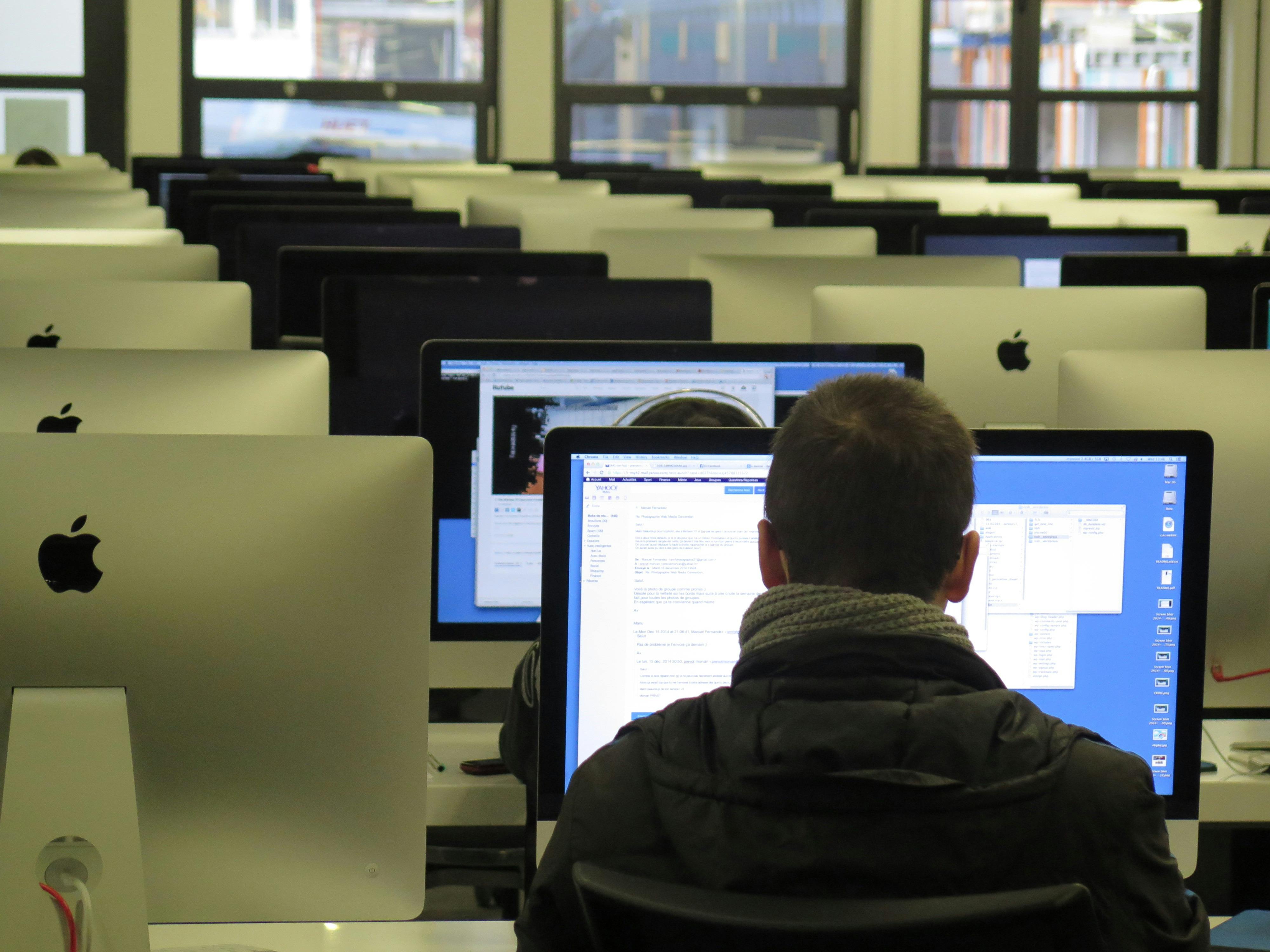AI in Education: Real-World Applications and Emerging Challenges
Published on June 6, 2025 by Nathirsa

Photo by Pixabay from Pexels
Introduction
Artificial Intelligence (AI) is transforming the educational landscape, offering innovative solutions for personalized learning, administrative efficiency, and student engagement. This article delves into real-world applications of AI in education and highlights the emerging challenges that educators and institutions face.
Real-World Applications of AI in Education
AI is being utilized in various educational applications:
- Personalized Learning: AI algorithms analyze student data to tailor educational content, ensuring that each learner receives instruction suited to their pace and style.
- Automated Grading: AI systems can grade assignments and exams, freeing up educators to focus more on teaching and less on administrative tasks.
- Virtual Tutors: AI-powered chatbots and virtual assistants provide students with instant support, answering questions and offering explanations on various topics.
- Curriculum Development: AI helps in designing and updating curricula by analyzing educational trends and student performance data.
- Language Translation: AI facilitates real-time translation, breaking down language barriers and making education more accessible globally.
According to Arka Softwares, AI is enhancing education by making learning more personalized, efficient, and accessible.
Emerging Challenges in AI-Driven Education
While AI offers numerous benefits, it also introduces new challenges:
- Data Privacy Concerns: The use of AI requires access to vast amounts of student data, raising concerns about data security and privacy.
- Bias in AI Algorithms: AI systems can inadvertently perpetuate existing biases present in the data they are trained on, leading to unfair outcomes.
- Dependence on Technology: Over-reliance on AI tools may diminish critical thinking and problem-solving skills among students.
- Digital Divide: Not all students have equal access to the necessary technology, potentially widening the educational gap.
- Teacher Training: Educators need proper training to effectively integrate AI tools into their teaching methods.
As highlighted by DataCamp, while AI holds promise, it's essential to address these challenges to ensure equitable and effective education.
Case Study: AI in South Australian Schools
South Australia has pioneered the use of AI in student assessment, employing chatbots to evaluate English proficiency among migrant students in just 52 seconds—a task that traditionally takes teachers 30 minutes. This innovation marks the first government-approved use of AI in student assessment in Australia. Using the EdChat chatbot developed with Microsoft, which includes safeguards to restrict access to non-curricular content, the government aims to reduce teacher workload and enhance student learning. In 2024, 31,434 students were assessed manually, and the move to AI will reportedly save around 15,000 hours of teacher time. EdChat has been rolled out to all Education Department staff and nearly 1,000 students, with plans to extend access to all high school students in the coming years. Teachers, including early adopter Rebecca Weber from Adelaide Botanic High School, view this technology as a tool to support and innovate teaching, not replace educators. Amid broader concerns about teacher shortages and increased workloads, other states like New South Wales are exploring AI to boost efficiency. The initiative highlights a shift in education policy, embracing AI where it was once banned, to modernize classrooms and meet contemporary challenges. (Source)
Future Outlook
The integration of AI in education is expected to grow, with advancements focusing on:
- Adaptive Learning Systems: AI will continue to evolve in providing real-time feedback and adapting content to meet individual student needs.
- Enhanced Accessibility: AI tools will improve accessibility for students with disabilities through features like speech-to-text and real-time captioning.
- Global Collaboration: AI will facilitate international collaboration by breaking down language barriers and connecting classrooms worldwide.
As noted by OpenLearning, implementing AI in education requires a thoughtful and strategic approach to maximize its benefits while addressing potential challenges.
Conclusion
Artificial Intelligence is reshaping the educational landscape, offering powerful tools to enhance learning and teaching experiences. While challenges exist, the benefits of AI in education are significant. Stakeholders must work collaboratively to address these challenges, ensuring that AI is implemented responsibly and effectively to foster an inclusive and equitable learning environment.
Recommended Video
Video: The Future of AI in Education


No comments:
Post a Comment